As I explore the realm of nutrition and wellness, I find myself pondering the pros and cons of high-protein diets – a dietary approach that has gained popularity in recent years for its potential to support weight loss, muscle growth, and overall health. While high-protein diets offer certain benefits, they also come with potential drawbacks that warrant careful consideration. Let’s delve into what you should know about the pros and cons of high-protein diets.
 Pros:
Pros:
 1. Weight Loss Support: High-protein diets have been shown to promote weight loss by increasing feelings of fullness and satiety, reducing appetite, and boosting metabolism. Protein has a higher thermic effect than carbohydrates or fats, meaning it requires more energy to digest and metabolize, which can contribute to increased calorie burning and fat loss.
1. Weight Loss Support: High-protein diets have been shown to promote weight loss by increasing feelings of fullness and satiety, reducing appetite, and boosting metabolism. Protein has a higher thermic effect than carbohydrates or fats, meaning it requires more energy to digest and metabolize, which can contribute to increased calorie burning and fat loss.
 2. Muscle Growth and Repair: Protein is essential for muscle growth, repair, and maintenance. High-protein diets provide the amino acids necessary for synthesizing new muscle tissue and repairing muscle damage caused by exercise. This can be particularly beneficial for athletes, bodybuilders, and individuals looking to preserve lean muscle mass while losing weight.
2. Muscle Growth and Repair: Protein is essential for muscle growth, repair, and maintenance. High-protein diets provide the amino acids necessary for synthesizing new muscle tissue and repairing muscle damage caused by exercise. This can be particularly beneficial for athletes, bodybuilders, and individuals looking to preserve lean muscle mass while losing weight.
 3. Blood Sugar Regulation: Protein-rich foods have a minimal impact on blood sugar levels compared to carbohydrates, which can help stabilize blood glucose levels and prevent fluctuations in energy and mood. This can be especially beneficial for individuals with diabetes or insulin resistance who need to manage their blood sugar levels effectively.
3. Blood Sugar Regulation: Protein-rich foods have a minimal impact on blood sugar levels compared to carbohydrates, which can help stabilize blood glucose levels and prevent fluctuations in energy and mood. This can be especially beneficial for individuals with diabetes or insulin resistance who need to manage their blood sugar levels effectively.
 4. Improved Body Composition: High-protein diets have been shown to promote favorable changes in body composition by increasing muscle mass, reducing body fat, and preserving lean tissue during weight loss. This can lead to a more toned and defined physique and improved overall metabolic health.
4. Improved Body Composition: High-protein diets have been shown to promote favorable changes in body composition by increasing muscle mass, reducing body fat, and preserving lean tissue during weight loss. This can lead to a more toned and defined physique and improved overall metabolic health.
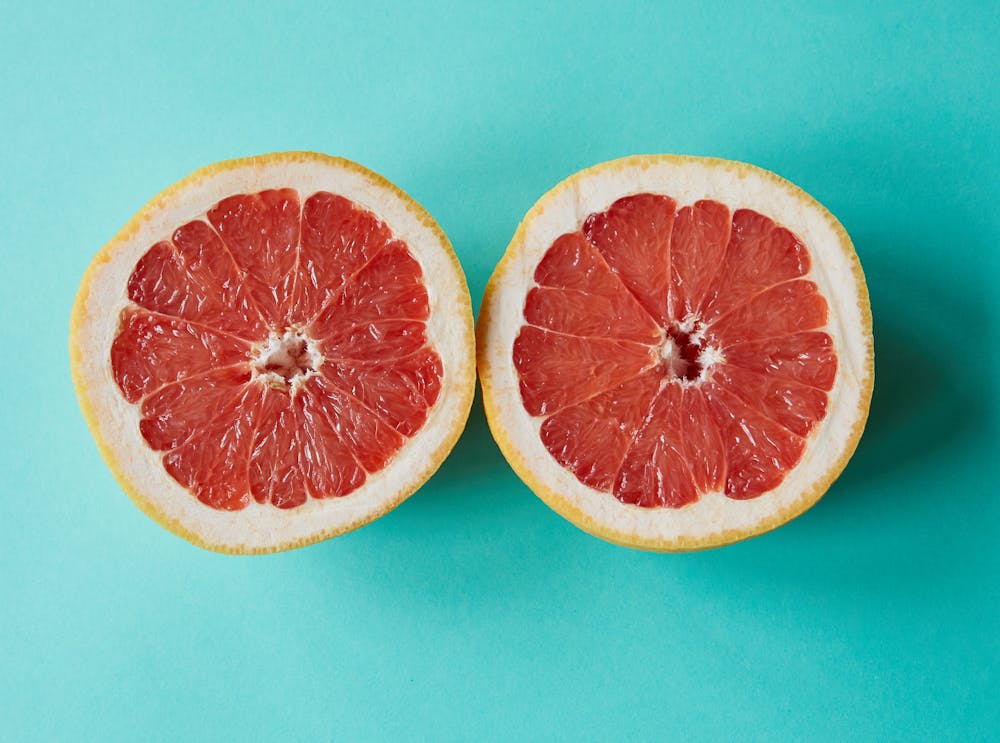 Cons:
Cons:
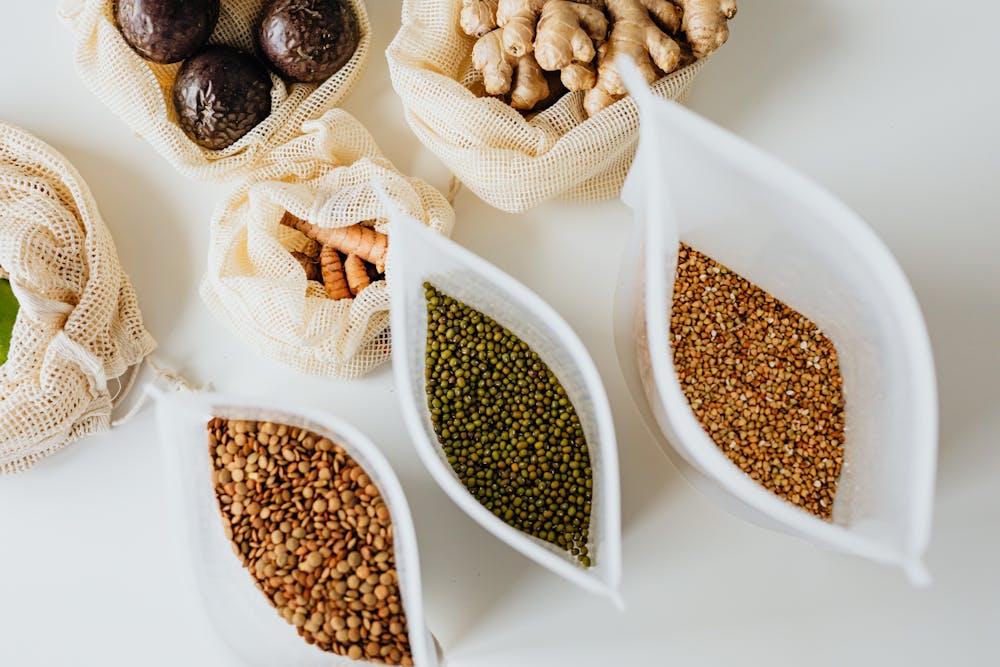 1. Potential Nutrient Imbalance: High-protein diets may lead to nutrient imbalances if they emphasize protein-rich foods at the expense of other essential nutrients like carbohydrates, fats, vitamins, and minerals. A balanced diet that includes a variety of nutrient-dense foods is crucial for meeting all of your nutritional needs and supporting overall health and well-being.
1. Potential Nutrient Imbalance: High-protein diets may lead to nutrient imbalances if they emphasize protein-rich foods at the expense of other essential nutrients like carbohydrates, fats, vitamins, and minerals. A balanced diet that includes a variety of nutrient-dense foods is crucial for meeting all of your nutritional needs and supporting overall health and well-being.
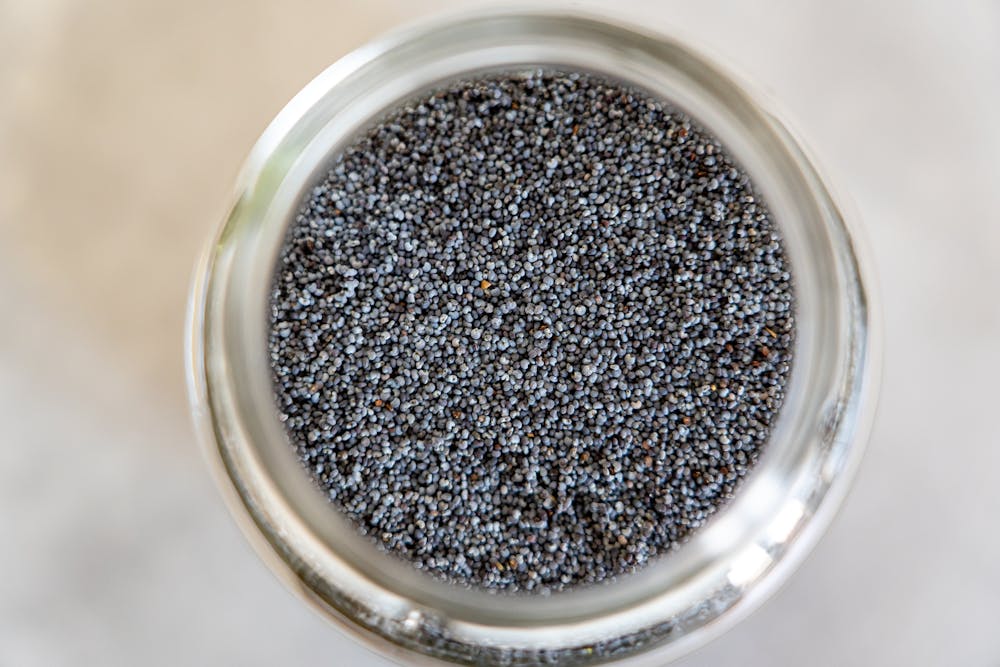 2. Kidney Strain: Consuming excessive amounts of protein over the long term may put strain on the kidneys and increase the risk of kidney damage or dysfunction, particularly in individuals with pre-existing kidney disease or compromised kidney function. It’s important to consume protein in moderation and stay hydrated to support kidney health.
2. Kidney Strain: Consuming excessive amounts of protein over the long term may put strain on the kidneys and increase the risk of kidney damage or dysfunction, particularly in individuals with pre-existing kidney disease or compromised kidney function. It’s important to consume protein in moderation and stay hydrated to support kidney health.
 3. Digestive Discomfort: Some people may experience digestive discomfort, bloating, or constipation when following a high-protein diet, particularly if they consume large quantities of protein or rely heavily on protein supplements. Eating a balanced diet that includes fiber-rich fruits, vegetables, and whole grains can help alleviate digestive issues and promote gut health.
3. Digestive Discomfort: Some people may experience digestive discomfort, bloating, or constipation when following a high-protein diet, particularly if they consume large quantities of protein or rely heavily on protein supplements. Eating a balanced diet that includes fiber-rich fruits, vegetables, and whole grains can help alleviate digestive issues and promote gut health.
 4. Long-Term Sustainability: High-protein diets may be difficult to sustain over the long term due to their restrictive nature and potential for dietary monotony. It’s important to find a dietary approach that is enjoyable, flexible, and sustainable for you in the long run, rather than relying on short-term fixes or fad diets.
4. Long-Term Sustainability: High-protein diets may be difficult to sustain over the long term due to their restrictive nature and potential for dietary monotony. It’s important to find a dietary approach that is enjoyable, flexible, and sustainable for you in the long run, rather than relying on short-term fixes or fad diets.
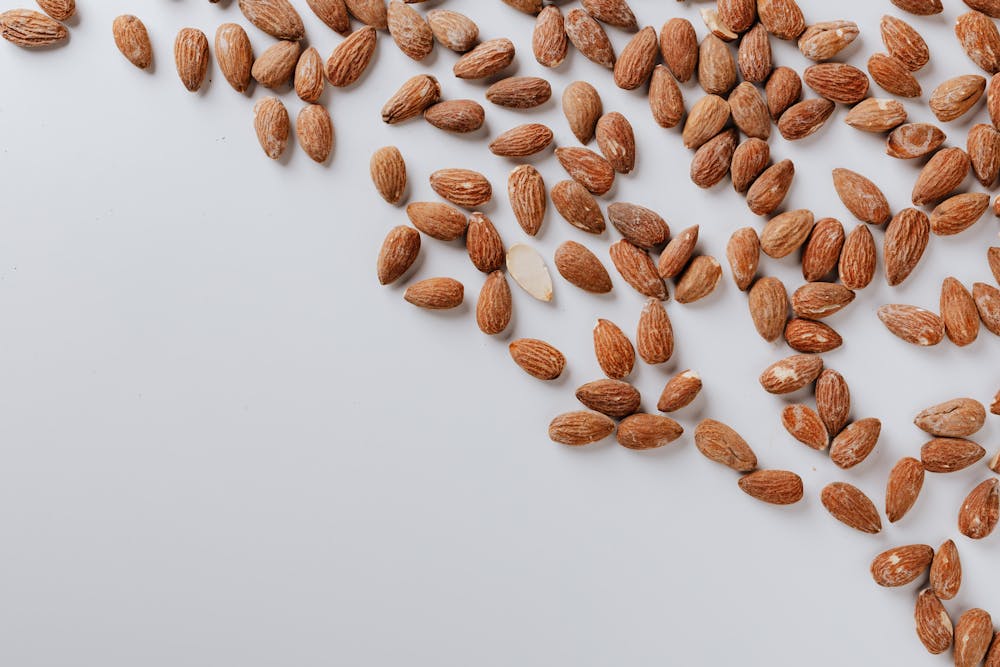 In conclusion, high-protein diets offer certain benefits such as weight loss support, muscle growth, and blood sugar regulation, but they also come with potential drawbacks including nutrient imbalances, kidney strain, digestive discomfort, and long-term sustainability concerns. It’s important to approach high-protein diets with moderation, balance, and careful consideration of your individual nutritional needs and health goals. Consulting with a registered dietitian or healthcare professional can help you develop a personalized dietary plan that meets your needs while promoting optimal health and well-being.
In conclusion, high-protein diets offer certain benefits such as weight loss support, muscle growth, and blood sugar regulation, but they also come with potential drawbacks including nutrient imbalances, kidney strain, digestive discomfort, and long-term sustainability concerns. It’s important to approach high-protein diets with moderation, balance, and careful consideration of your individual nutritional needs and health goals. Consulting with a registered dietitian or healthcare professional can help you develop a personalized dietary plan that meets your needs while promoting optimal health and well-being.

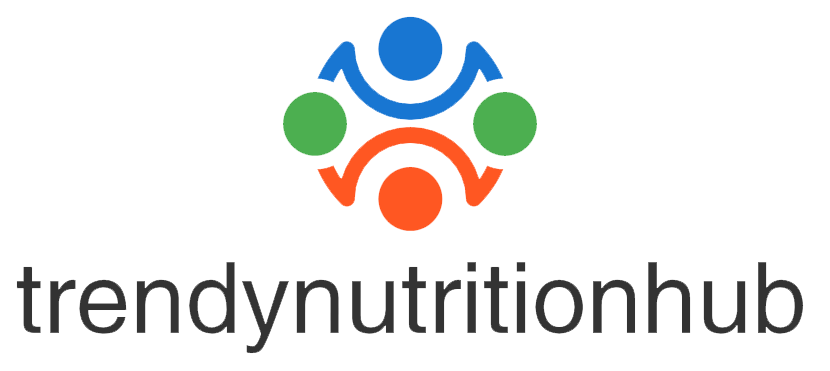


![Detox Your Home [Guide]: How to Create a Healthier Living Space purification for detox your home [guide]: how to create a healthier living space](https://www.trendynutritionhub.com/wp-content/uploads/2025/11/temp_purification_1763342236-150x150.webp)

![Boost Your Energy: A Natural Morning Routine Guide [2025] habits for boost your energy: a natural morning routine guide [2025]](https://www.trendynutritionhub.com/wp-content/uploads/2025/11/temp_habits_1763342040-150x150.webp)
![Unlocking Wellness: How to Reduce Exposure to Toxins [2025] living for unlocking wellness: how to reduce exposure to toxins [2025]](https://www.trendynutritionhub.com/wp-content/uploads/2025/11/temp_living_1763341946-150x150.webp)


![purification for detox your home [guide]: how to create a healthier living space](https://www.trendynutritionhub.com/wp-content/uploads/2025/11/temp_purification_1763342236.webp)
